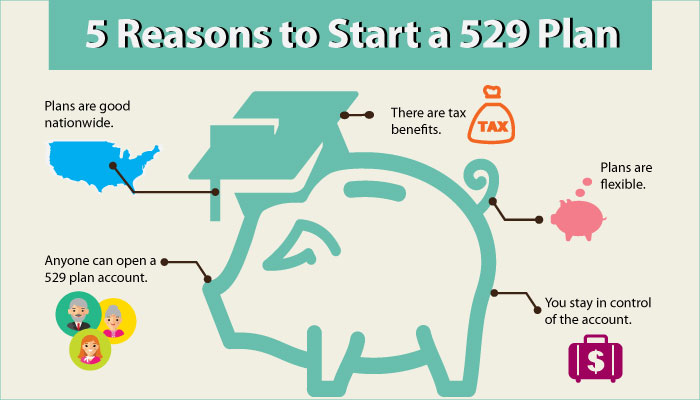
What Can I Do with Unspent Money in a 529 Plan?
Despite the burgeoning cost of higher education these days, you might still find yourself with unspent money in a 529 plan after your child has graduated from college. As you may know, if you withdraw the money for non-qualified education purposes, you have to pay taxes plus an additional 10% penalty on the earnings withdrawn from the account.











